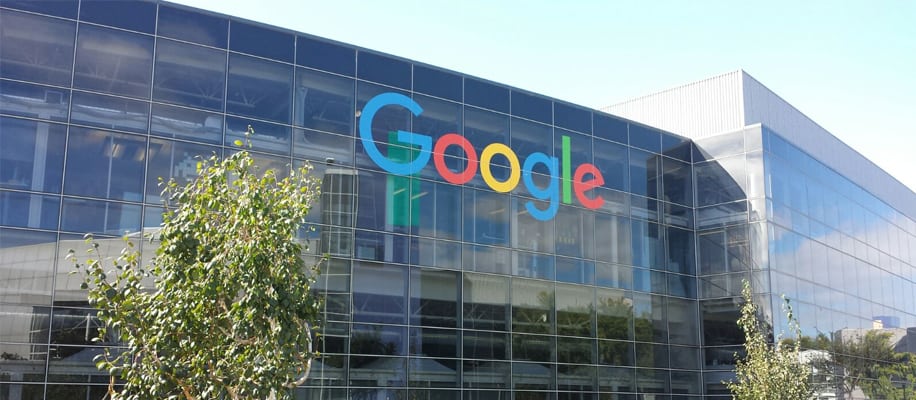As a site operator, there is hardly anything worse than users who use an ad blocker. The result is a lack of income. When Google announced almost two months ago Develop internal ad blocker for Chrome the astonishment was correspondingly great. One of largest advertising provider in the world want them myself Prevent ads from showing? The whole thing remains questionable.
Google warns
As a member of the Coalition for Better Ads, Google feels it has a responsibility to fight annoying and overblown ads. in one blog posting Sridhar Ramaswamy therefore announced that Chrome would block advertising that is not customer-friendly enough from 2018 onwards. It's not just about the forms of advertising used, such as auto-play videos and the like. Too much advertising can also lead to every ad being blocked on your own site. Ads from Google are no exception. In the last few days, some well-known offers have also been warned, including Forbes and Eurogamer. Apparently, Google thinks that the sites use too much or too intrusive advertising.
Worrying practice
Google's entire approach to this is strange. After all, the giant finances itself for the most part through advertisements. That's a bad sign. The first critics are already talking about an abuse of power by the Californians. After all, Google has a growing market share of almost 34% in Germany with Chrome. A native solution for blocking ads makes current offers largely obsolete. And leaves control to Google. As a result, the group is also free to decide which type of advertising is actually "intrusive". Even if the Californians talk about blocking their own advertising if necessary, it is highly doubtful that offers like YouTube will be ad-free. It is also not clear at the moment in what form the user will have manual control over the integrated ad blocker.
Other offers not more serious
But you can't say that the AdBlocker scene was noticed by reputable businesses without Google. AdBlock Plus was targeted in 2013 when unnamed business partners bought access to the browser add-on's whitelist. An obviously lucrative business field. First effectively block the delivery of advertising and then collect for activation. With Google, the problem is more that the provider of the advertising and the provider of the software is one and the same company.








